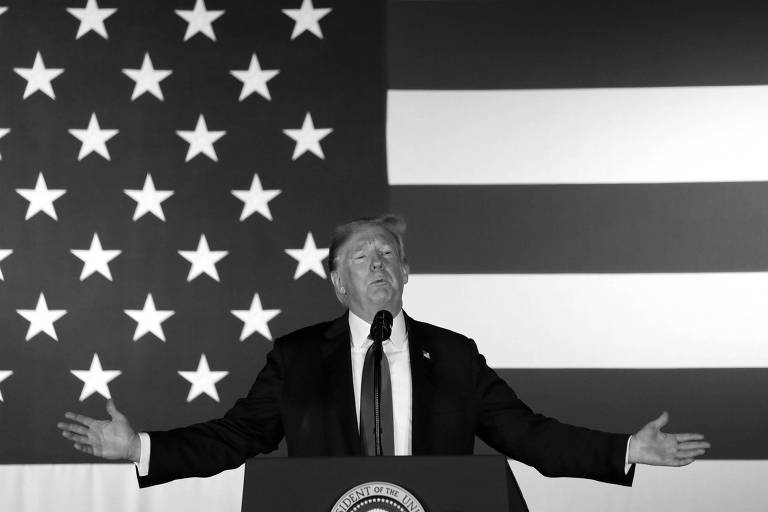
Statements on how advisers strive to isolate Trump from important decisions go public
It is a known fact that, for a while now, there have been disagreements between President Donald Trump and members of his team. Now, statements have gone public on how those advisers operate internally to make it seem like they are doing their boss’ bidding while actually striving to isolate him from important decisions.
The most eloquent statement that describes this strategy is an opinion article published on Wednesday, Sept. 5, by The New York Times. In an unusual and controversial move, the news outlet accepted the author’s request to remain anonymous; it was written by a top government official who is dissatisfied with the administration.
The editorial reports that some of Trump’s closest advisers work to “frustrate parts of his agenda and his worst inclinations,” since he “continues to act in a manner that is detrimental to the health of our republic” — overall, a sabotage justified by an attempt to reduce further damage.
The saboteurs’ approach to Russia provides an example. The text claims that Trump “shows a preference for autocrats and dictators” and expresses complaints about his national security team, which acts behind the scenes to maintain financial sanctions against Moscow — going against the docile treatment Trump has been offering Russian President Vladimir Putin.
The constant effort to work around the president also appears in the book “Fear: Trump in the White House,” written by famous journalist Bob Woodward, one of the people responsible for uncovering the Watergate scandal, who interviewed many government officials to understand how the White House actually works.
According to Woodward, in 2017, Secretary of Defense James Mattis received an order to assassinate Syrian dictator Bashar Assad, who was accused of a chemical attack against civilians. Mattis said he would do so, but instructed an aide to plan something “more measured.” Instead, the U.S. launched missiles against Syrian military bases.
In the face of such a decayed administration, it is no surprise that questions have arisen regarding Trump’s capability to make it to the end of his term.
Democrats have tried, in a daring way, to point out the president’s alleged insanity in order to justify impeachment. However, more concrete threats surround Trump, especially the investigation into the supposed collusion between the then-candidate’s campaign and Russian authorities.
In the event that the government actually falls, no fault can be placed on any “treacherous” White House element; if it does operate on a large scale, it would only end up helping the president extend his political survival.

Leave a Reply
You must be logged in to post a comment.